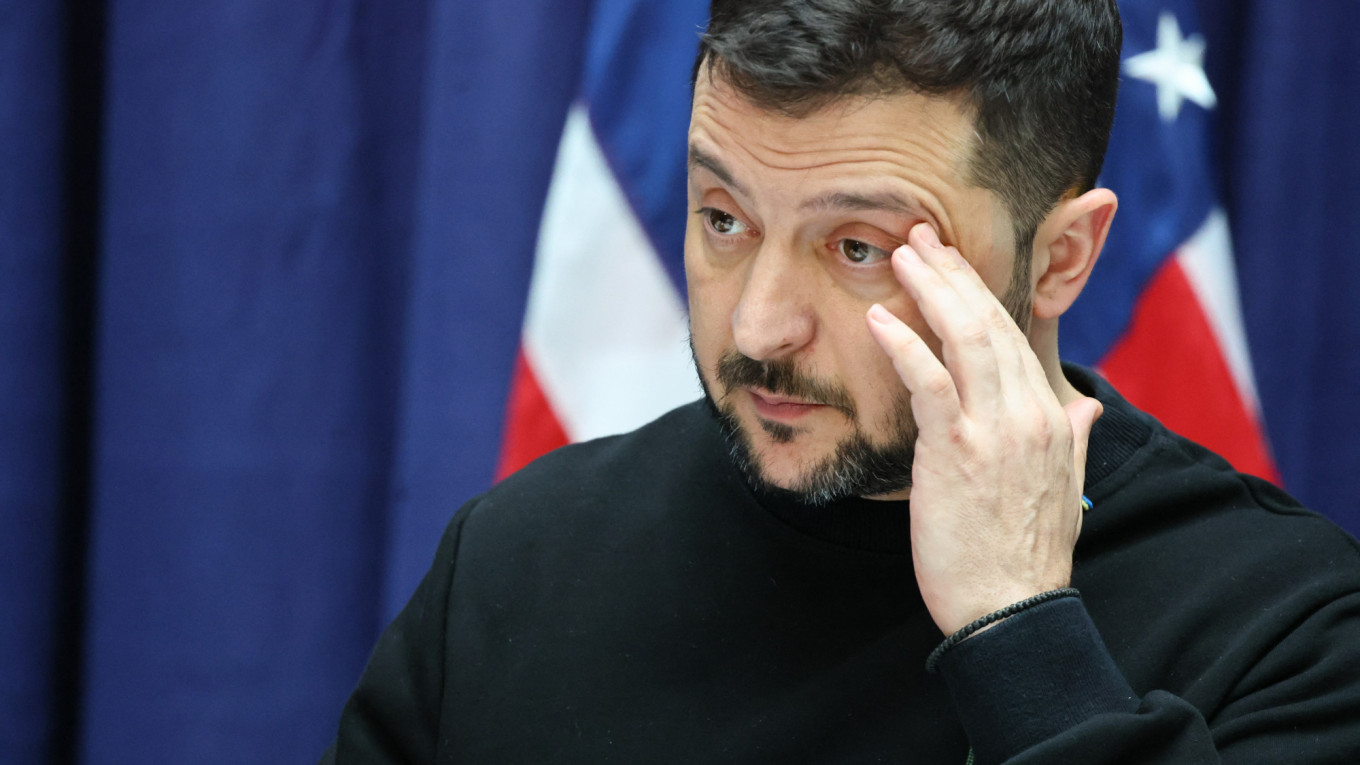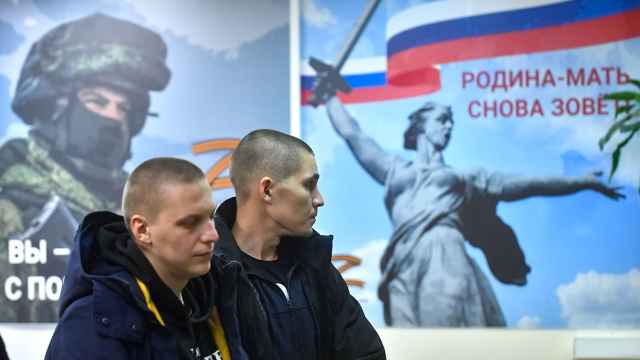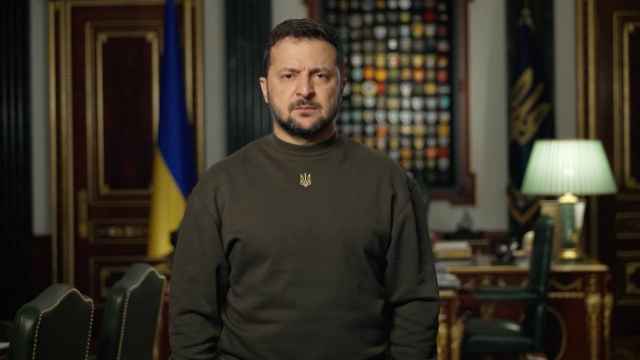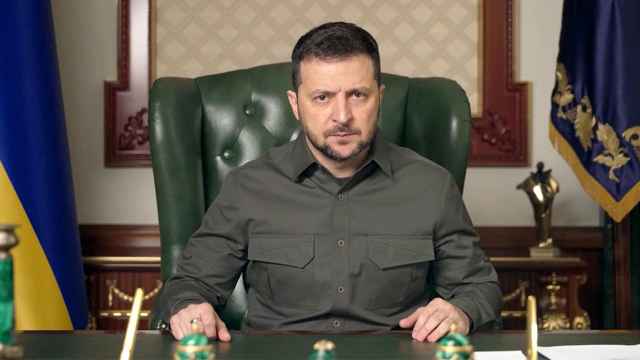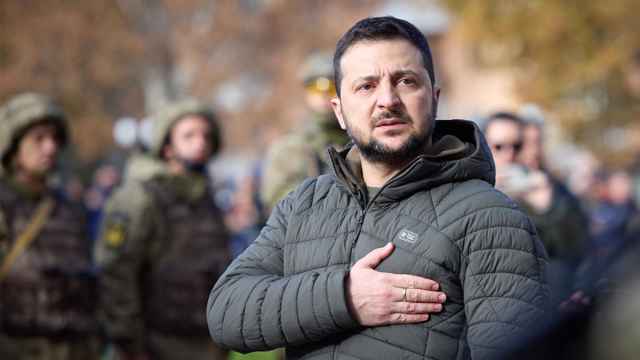This year’s Munich Security Conference (MSC) showed the celebration of Ukrainian resistance and Western unity of 2022-23 is far behind us. Crucially, the West is yet to coalesce around a vision for Ukrainian victory, and many are following the illusion that the war has entered a protracted stalemate. As the retreat from Avdiivka shows, the fighting is neither in a stalemate nor in a deadlock. A Ukrainian defeat is possible. The real deadlock, as demonstrated at MSC, is in the West.
Aware of these trends, analysts, policymakers and politicians are reflecting on what will change the trajectory of the war for the better. As many top-level speakers at MSC repeated, the West — the U.S. and Europe in equal measure – is waiting for two factors to change the course of the war. Namely, the expansion of the defense industry, and the U.S. presidential election.
Despite the discordance between intent and action, one message stood out at MSC. Namely, that Europe needs to rebuild its industrial capacity to defend Ukraine and — by extension — itself. As German Defense Minister Boris Pistorius said at the conference, the defense industry and the financial means behind it are essential to deterrence.
Similar messages about the European defense industry were echoed by U.S. Republican Senator JD Vance, who stressed that U.S. support for Ukraine is bound by industrial capacity, not funding. Vance, unlike Pistorius, favors a so-called negotiated solution to the war.
Despite the firmness of these messages, there is a hint of undue optimism behind them. Namely, that defense spending is a straightforward way to translate the West’s mighty GDP numbers into effective deterrence. Notionally, this is correct, and it is an urgent and necessary step. In practice, however, the defense industry requires time and guarantees to start building factories and new capacity.
Last year, it was already clear that the EU would miss its shell delivery targets for Ukraine. Armin Papperger, the CEO of Rheinmetall — Germany’s largest defense firm – spoke last week about the state of European munition production and stocks. Summarizing the outlook, Pappeger said the company would be “fine” in three or four years. But he said that becoming truly prepared would take a decade. Even three years might be too long for Ukraine. Waiting for the defense industry to scale up production is a mistake.
The 800,000 shells that the Czech government found in international markets would be of massive help. Yet, they fall short of the more than a million shells already delivered to Russia from one of the world’s poorest countries — North Korea. Other Russian partners have delivered military aid to Moscow, such as Iran and Myanmar. This support adds up.
Europe should invest in its defense sector. But when it comes to the short term, this is a false dilemma. One of the rare bold statements was that of Danish Prime Minister Mette Frederiksen, whose country donated all its artillery to Ukraine back in 2023. Frederiksen stressed Europe’s current potential: “I am sorry, but the issue is not just about production. Europe still has military equipment. It has to be transferred to Ukraine.” Given the urgency of Ukraine’s situation, this — rather than slowly building up industrial capacity — is the right approach.
The United States also will not come to the rescue. President Joe Biden has been a steadfast supporter of Ukraine, but we might be witnessing the limits of U.S. support. After reportedly blocking — together with Germany — a NATO invitation for Ukraine, the White House is now struggling to pass a support bill to fund Ukrainian resistance. More serious still, there were no new large U.S. military assistance commitments to Ukraine in all of 2023 (smaller aid packages have been taking place, but each below 1 billion). To this day, U.S. support for Ukraine is at about 0.3% of U.S. GDP.
The Republican side is not committed at all. Trump already caused waves by saying he will not support “delinquent” European states (that spend less than 2% of GDP on defense) in case of a Russian attack. Despite the shock, this uncommitted attitude to NATO permeates the entire Republican field.
At the MSC, Vance said that the U.S. should not abandon Europe but pivot to East Asia. U.S. Republican Senator Peter Ricketts was booed when he compared the 300,000 Russian soldiers occupying Ukraine to the millions of undocumented immigrants in the U.S. To that extent, Europe, never mind Ukraine, is just not a top priority for the Republicans. Vance skipped the meeting with President Volodymyr Zelensky.
Neither defense investment nor the U.S. will break the West’s stalemate in the short run. Distrustful of a Ukrainian victory yet unwilling to invite Ukraine to NATO and arm Kyiv to win, the West has forfeited the strategic initiative to Moscow. The result is that the West is waiting for President Vladimir Putin’s next move. It is now in Putin’s hands to break the stalemate in the West, by either pausing the war against Ukraine to rebuild (and then push again), or to continue pushing all the same. As Ukrainian Foreign Minister Dmytro Kuleba said at MSC, “When a citizen of Europe reads in the news that Ukraine retreated from Avdiivka, you should realize one simple fact—Russia has gotten closer to your home.”
Some European countries are pushing for the West to stop their hesitancy. Already in December 2023, the Estonian government published a plan for sustained support for Ukraine that would cost NATO member states no more than 0.25% of GDP per year. The subtitle of the report sends a clear message of resolve: “A Military Strategy for Ukraine’s Victory and Russia’s Defeat.”
In the meantime, the message repeated by Vance is true: GDP does not fight wars, armed individuals do. Until the Western alliance coalesces around a plan for victory, Ukrainian resistance is left to be the one to take the initiative.
We do not know where this initiative might go, but ugly scenarios can emerge. In a question for one of the MSC panels, Ukrainian MP Oleksiy Goncharenko raised the possibility of Ukraine pursuing the development of nuclear weapons. Already in February 2022, Zelensky hinted at the possibility of reviewing Ukraine’s non-nuclear status.
To be sure, neither Goncharenko, Zelensky, nor the vast majority of Ukrainians truly wish their country to pursue nuclear arms. Such a project would represent the end of Ukraine’s chances of joining NATO and the EU. It would also transform Russia’s aggression into a persistent conflict along the lines of India-Pakistan.
Still, without NATO membership and decisive Western military aid, Ukraine will have to find a secure future for itself. Waiting for the war to be over is, again, waiting for Putin to win.
A Message from The Moscow Times:
Dear readers,
We are facing unprecedented challenges. Russia's Prosecutor General's Office has designated The Moscow Times as an "undesirable" organization, criminalizing our work and putting our staff at risk of prosecution. This follows our earlier unjust labeling as a "foreign agent."
These actions are direct attempts to silence independent journalism in Russia. The authorities claim our work "discredits the decisions of the Russian leadership." We see things differently: we strive to provide accurate, unbiased reporting on Russia.
We, the journalists of The Moscow Times, refuse to be silenced. But to continue our work, we need your help.
Your support, no matter how small, makes a world of difference. If you can, please support us monthly starting from just $2. It's quick to set up, and every contribution makes a significant impact.
By supporting The Moscow Times, you're defending open, independent journalism in the face of repression. Thank you for standing with us.
Remind me later.



